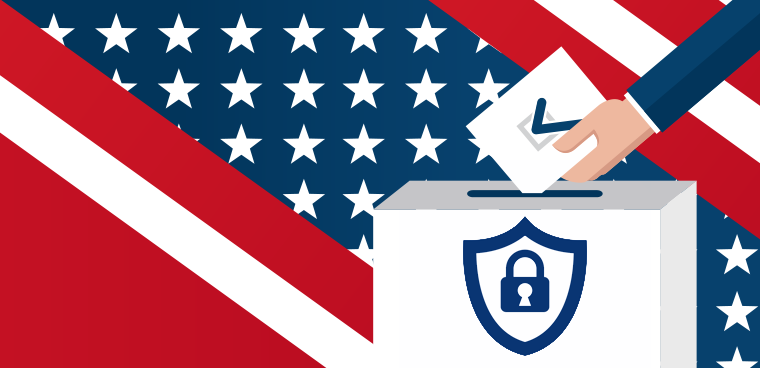House zeroes out $380M in voting security funding

A House-passed appropriations bill eliminates $380 million in grants to states to support election security, despite efforts by some Democrats to maintain the funding.

House Democrats are crying foul over the elimination of funding for election cybersecurity improvements in the latest round of appropriations.
The House Appropriations Committee eliminated $380 million from the 2019 Environment, Financial Services and General Government Appropriations Act that would provide grants to state and local governments for a variety of election-related cybersecurity upgrades.
Earlier this year, Congress tabbed $380 million in the omnibus spending package for grant funding to state and local governments to improve security around their election systems. The move came after leaders from both parties on the Senate Intelligence Committee -- which is conducting a wide-ranging investigation on Russian interference during the 2016 election -- endorsed the need for more assistance.
Since then, more than $150 million has been distributed, and more than 38 states have made requests for grant funding to replace old equipment, train election workers on better cyber hygiene, fix existing vulnerabilities and conduct post-election audits.
However, critics in Congress and election security experts have argued that far more money is required to fully update and replace vulnerable voting machines and harden election defenses nationwide, and many were hoping the grants would be continued into 2019.
A bid to amend the appropriations bill to fund the Election Assistance Commission grants for another year led by Rep. Mike Quigley (D-Ill.) failed on a vote of 182 to 232.
"Equipped with the new revelations from the Mueller investigation and the realization that President Trump will do absolutely nothing to defend our election system from foreign interference, with Russia attempting to cast doubt, uncertainty and suspicion over the integrity of our election process, now is the time to double down on our efforts to prevent election hacking," Quigley said on the House floor on July 19.
An analysis by the Brennan Center for Justice found that for seven of the 13 states that currently rely in part or in whole on paperless voting, the money provided under this year's omnibus package would represent less than one-fourth of the funding needed to fully replace their outdated and vulnerable voting machines. The same analysis found that those states would need between $252 million and $397 million to fully replace their voting equipment, scanners, ballot marking devices and other devices.


